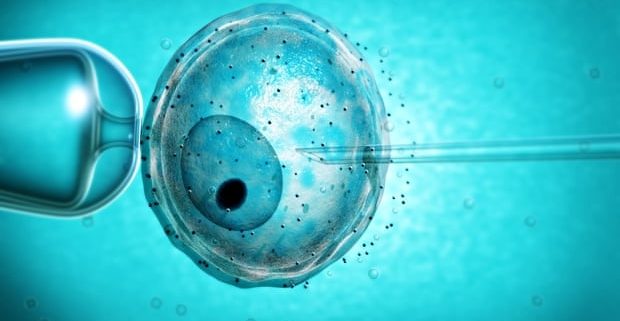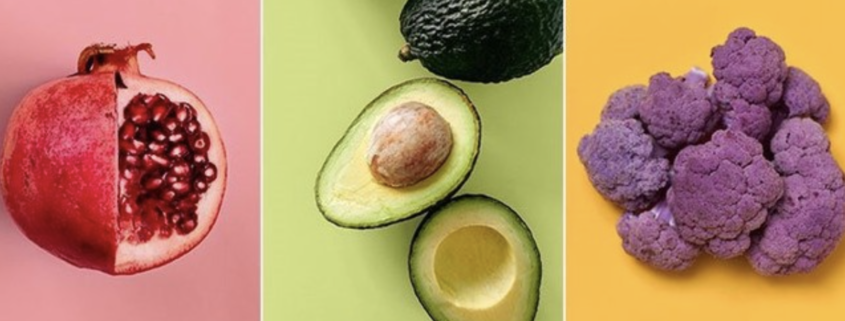Increasingly, I see more and more women coming into the clinic wanting to freeze their eggs, particularly if they have reached their late thirties but don’t feel ready to have children, haven’t met the right partner or have been diagnosed with an illness such as cancer. While the techniques have greatly improved over the years with a process called vitrification, which helps make it easier to freeze eggs, there remains a number of factors for women to consider around preserving their eggs.
Here are seven key things that women should consider before freezing their eggs:
1. Understanding what’s involved starts with a consultation
The first, and potentially most important step before egg freezing is the consultation. If you are ready to proceed then you should see one of our doctors, so that they can not only plan your treatment but do blood tests as well, which will enable the doctor to assess your eggs reserves. This will help better understand how many eggs you are likely to produce and check your anti-mullerian hormone (AMH) level and also an antral-follicle count – the higher the egg reserve, or antral-follicle count, the better the chances of getting an adequate amount of eggs. It’s important to realise that a number of them will be lost during the thawing process, so if the count is low it will mean that you will have to do the procedure more than once in order to get the amount of eggs needed to increase your chances of getting pregnant. It is also important to understand that it is not just about the production of eggs, it is about ensuring we get mature eggs that are viable for freezing.
2. Age is key
Age is the biggest determining factor in the success of egg freezing. Typically, the younger the eggs, the more chromosomally normal they will be, while the older you are, there is an increasing chance there will be more chromosomally abnormal eggs and that you are likely to have a lower reserve. This therefore means you may have to undergo two or three cycles to get the amount needed and you will have to take into account the cost, as well as the emotional toll it may take on you.
Many of the women I see are aged around 39 or 40, which is often very late to freeze eggs because of the chances of egg reserves being lower and therefore the amount of eggs available to successfully freeze is also much lower.
Thousands of babies have now been born worldwide from treatment using previously frozen thawed mature eggs. The best success rates are from eggs frozen before a person is 35 years of age. When looking at success rates within the UK for treatments that have used frozen eggs, numbers tend to be quite low and the technology for egg freezing has also improved over the years which means older data isn’t likely to be a good indicator of current success rates.
For information on your chances of success when having treatment with your frozen eggs HFEA advise you look at success rates for fresh IVF cycles where patients have used their own eggs in their own age band. The HFEA considers these success rates to be more reliable as there are higher numbers of embryo transfers following treatment with fresh eggs compared to transfers using embryos created with previously frozen eggs.
You can find success rates for fresh IVF cycles where patients have used their own eggs here
3. How many eggs am I likely to get in an egg freezing cycle?
If you’re 37 or younger and have a normal ovarian reserve you’re likely to retrieve around 13 eggs per cycle. If you’re older than 38 however and have a low ovarian reserve, ideally you will want to freeze 20-30 eggs in order to achieve a baby and this is rarely possible in just one egg freeze cycle.
4. Eggs can be stored for 55 years
The law allows you to store eggs for use in treatment for up to 55 years but for storage to continue lawfully, you would need to renew your consent every 10 years.
5. Your future fertility
Choosing to freeze your eggs doesn’t have a detrimental effect on your future fertility and it doesn’t use up your eggs or exhaust your existing supply. However, it is important to bare in mind that although the procedure is a very safe one, it is not completely without risk.
6. It is similar to the IVF process
Many women I see are unaware of the fact that egg freezing involves going through a similar process to IVF in order to collect the eggs. To collect the eggs, your ovaries need to be stimulated, which involves injections and you will also have a number of scans to check how your follicles are growing. You produce lots of eggs in any one month during a natural cycle but only one egg is usually released, so for egg freezing the aim is to produce a larger number of eggs. When ready, you will then go to theatre and, under light sedation, the eggs are collected vaginally using ultrasound guidance.
Once collected, the eggs are assessed by the embryologist for suitability and any mature eggs are then frozen. Then, when you are ready to use your eggs, they are thawed very slowly and inseminated with sperm. Following fertilisation, the eggs develop into embryos and one is inserted into your uterus. Any remaining embryos can then be frozen and used at a later date.
7. Preparation is vital
I am a big believer in the importance of preparation on every level – mentally, physically and emotionally – prior to undergoing the egg freezing procedure to help improve the quality of your eggs. One of the most important ways a woman can prepare for egg freezing, is to ensure the specific nutritional requirements of an egg are being met. This means building nutrients into your diet or looking at supplements such as anti-oxidants and inositol where necessary, as they can really help in that preparation process and make sure you give yourself the best chance of success.
If you are considering egg freezing and would like to have an initial consultation with one of our experienced team members at our clinic in London, then call us on 0808 196 4060. You may also be interested in our Plan Ahead kit, which is designed to provide you with a better understanding of where you are now and what the next steps are that you should take.





